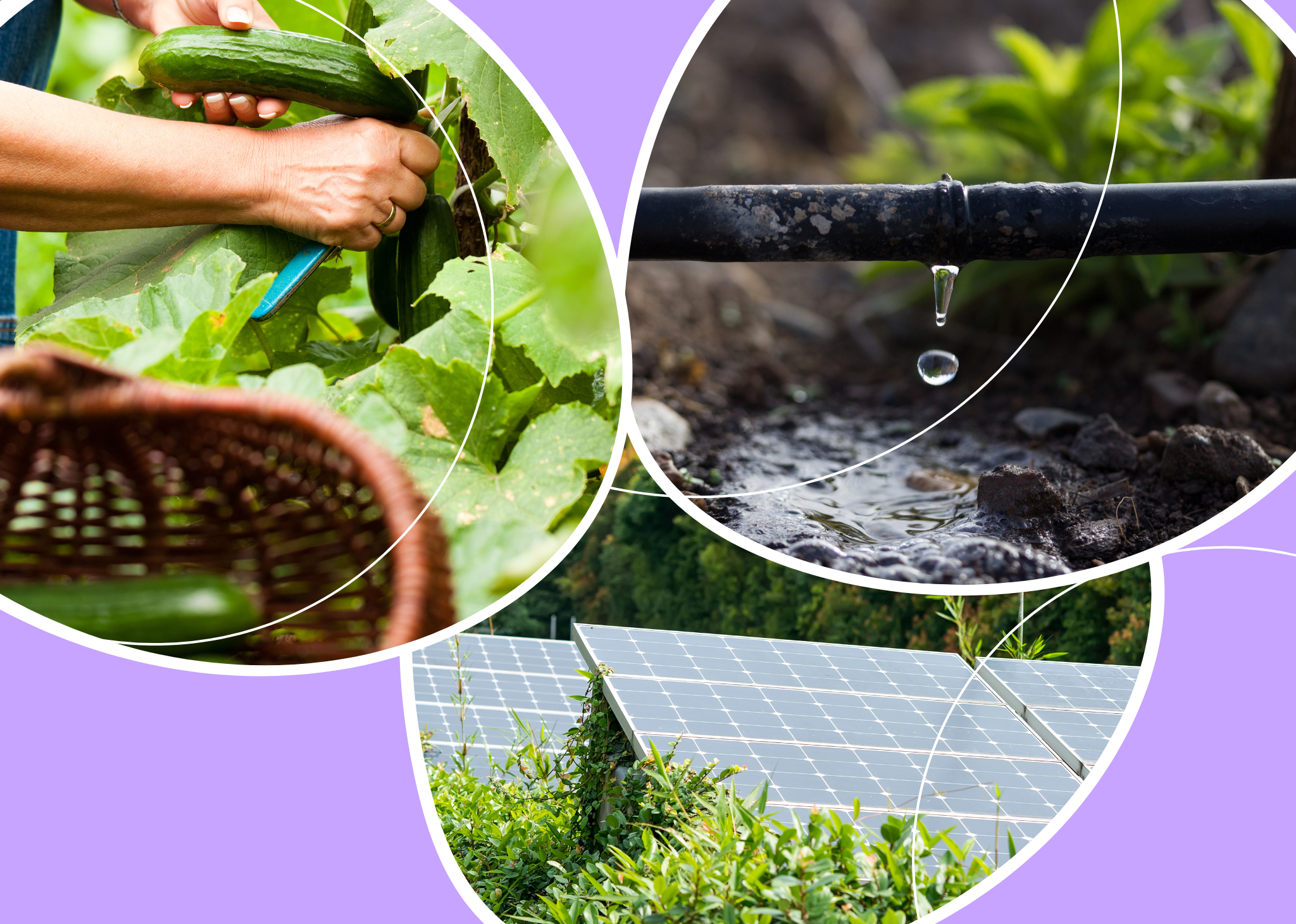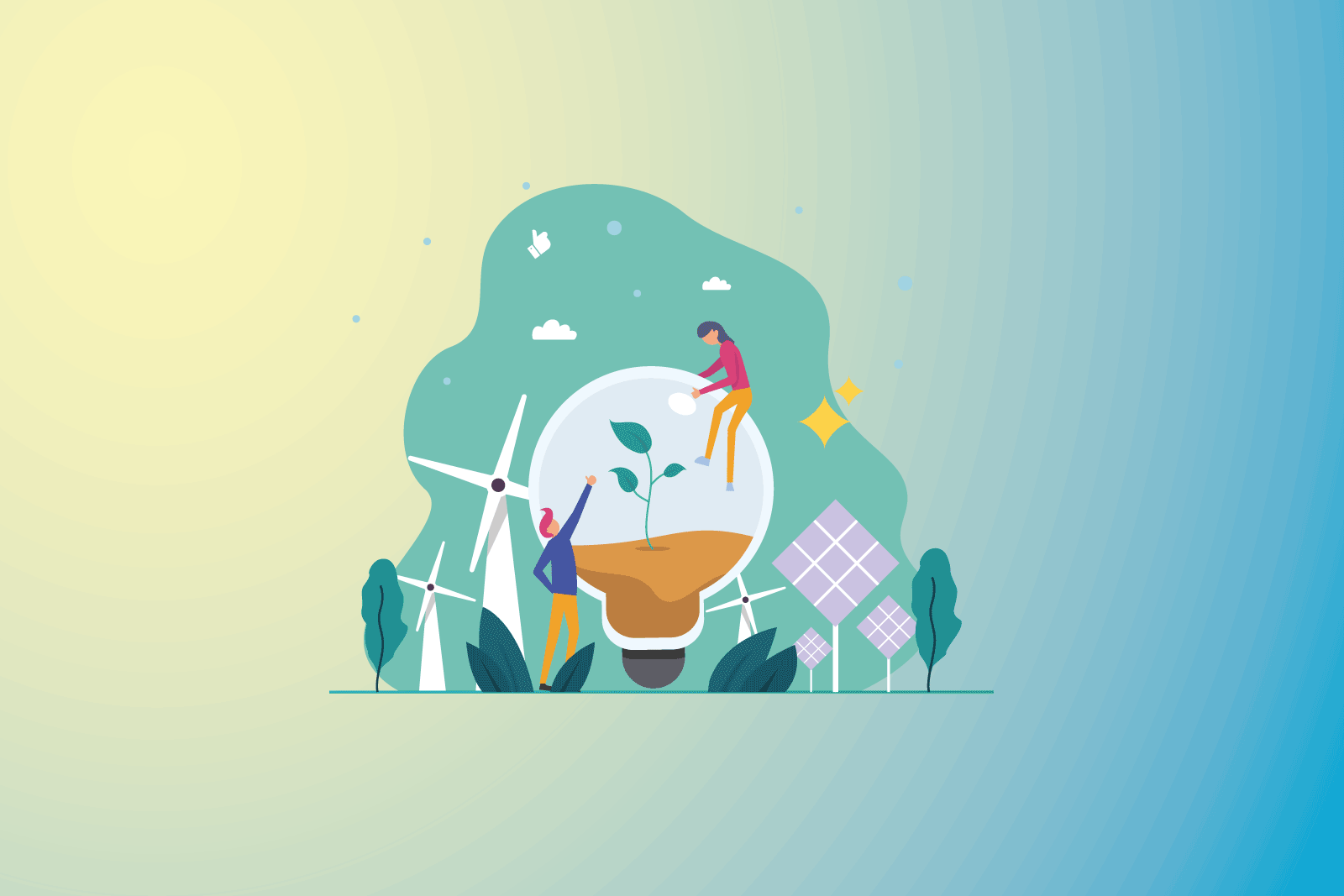
Beyond the idyllic beaches and delicious food, the Mediterranean region is facing a scorching reality, it’s becoming a hotbed of climate change. Recent findings from the UN Intergovernmental Panel on Climate Change (IPCC) paint a grim picture — the Mediterranean is warming 20% faster than the global average [1,2,3]. These alarming shifts carry profound consequences, particularly in terms of water availability, and the resilience of agro-food systems, affecting the livelihoods of millions of people.
The harsh effects of climate change became starkly apparent during the summer of 2022. According to the European Drought Observatory, 47% of European countries were in a state of warning drought conditions at the beginning of August 2022 [4]. Consequently, water access restrictions policies were put in place to limit water consumption. Italy faced significant challenges as well, with over 100 cities being called upon to limit water consumption as much as possible [5]. The government even declared a state of emergency for five regions, which would remain in effect until the end of the year [5]. The agricultural sector also suffered major consequences. For instance, France’s corn harvest in 2022 was 18.5% lower than in 2021 [6].

But it’s not only the agricultural sector that has been affected. The energy sector has also experienced direct impacts. The reduced volumes of water decreased the production of hydropower plants, while high river water temperatures forced some nuclear plants to reduce their production, as seen in France [9]. Furthermore, the intense thermal conditions have had a detrimental effect on the biodiverse ecosystems of the Mediterranean Sea. Last summer, the sea temperatures reached a record-breaking level, surpassing 30°C in Lebanon [7].
While the biophysical impacts are evident, it is crucial to recognise that the climate crisis in the Mediterranean is, above all, a human crisis. The lives, health, and security of millions of people are being directly affected, with rural communities facing particularly grave risks. As basic services like water and energy come under threat, serious challenges to food security, health, and local labour markets emerge. This situation is leading to internal displacement, with many seeking refuge in already densely populated urban areas.
To address the climate crisis effectively, we need to adopt an approach that recognises the interconnections between water, energy, food, and society. This means breaking down traditional sectoral boundaries and embracing an integrated perspective [8].
And what exactly is this integrated approach about?
It is known as the Nexus approach, a framework that recognises the interconnections between water, energy, food, and the environment.
This means recognising that water scarcity affects food production, which in turn impacts livelihoods and local economies. By adopting the Nexus approach, we can implement water-efficient farming techniques, such as drip irrigation or precision agriculture, which not only conserves water but also ensures optimal crop yields. This, in turn, safeguards food security and supports sustainable agricultural practices.
Energy choices influence greenhouse gas emissions, but also impact land use, water resources, and the environment. For instance, opting for renewable energy sources like solar and wind power not only reduces carbon emissions but also minimises the water consumption associated with traditional energy generation methods like coal-fired power plants or nuclear reactors.
Furthermore, the Nexus approach emphasises the importance of adapting crops to changing water availability. Certain crops require less water to grow, making them more resilient to water scarcity. By promoting the cultivation of drought-tolerant crops or implementing agroforestry practices that reduce water needs, we can enhance food security and mitigate the impacts of water stress on agricultural systems.
By adopting the Nexus approach and considering the interconnectedness of water, energy, food, and society, policymakers and stakeholders can develop integrated strategies to build resilience, ensure sustainable resource management, and safeguard the well-being of communities in the face of climate change.
To further advance the implementation of the Nexus approach, tools such as models can be employed to analyse and optimise resource allocation.

ONEPlanET and the Nexus approach
Initiatives like the ONEPlanET project, in which we are actively involved, are implementing the Nexus approach to foster sustainable consumption and production patterns. The ONEPlanET project will co-design and test a Toolkit, built upon established WEF Nexus models and methodologies, that allows to simulate scenarios to optimise the utilisation of existing resources by incorporating policies that address social, climate, economic and biophysical constraints.
In addition, a Knowledge Hub including a set of capacity-building materials and knowledge exchange activities will also be developed. ONEPlanET embraces a participatory approach to facilitate the sustainable development of local communities in river basins. By embracing an integrated perspective and breaking down sectoral boundaries, we can work towards a more sustainable and resilient future for all.
Stay tuned for the next series of updates and progress in our project!
You can also follow the project on Twitter, Facebook, Instagram and LinkedIn.
REFERENCES
1. Sixth Assessment Report of the UN Intergovernmental Panel on Climate Change (IPCC). August 2021. https://www.ipcc.ch/report/ar6/wg1/
2. UfM Secretariat, 1st Scientific report on climate and environment. change in the Mediterranean. October 2019.
3. PRIMA Strategic Research and Innovation Agenda 2018/2028.
4. 2022 Toreti, A., Bavera, D., Acosta Navarro, J., Cammalleri, C., de Jager, A., Di Ciollo, C., Hrast Essenfelder, A., Maetens, W., Magni, D., Masante, D., Mazzeschi, M., Niemeyer, S., Spinoni, J., Drought in Europe August 2022, Publications Office of the European Union, Luxembourg, 2022, doi:10.2760/264241, JRC130493.
5. The Guardian (July 2022): https://www.theguardian.com/world/2022/jul/05/italy-declares-state-emergency-drought-hit-northern-regions
6. French agricultural ministry https://agriculture.gouv.fr/secheresse-3e-reunion-du-comite-de-suivi-de-la-situation-de-secheresse-dans-le-monde-agricole
7. Météo Liban https://www.meteo.gov.lb/daily-weather-report.php
8. Climate Change Impacts on the Mediterranean Basin: A Social-Ecological Perspective (IEMed Policy Study 2021)
9. Warming rivers threaten France’s already tight power supply. July 2022 (https://www.reuters.com/business/energy/warming-rivers-threaten-frances-already-tight-power-supply-2022-07-15/)





